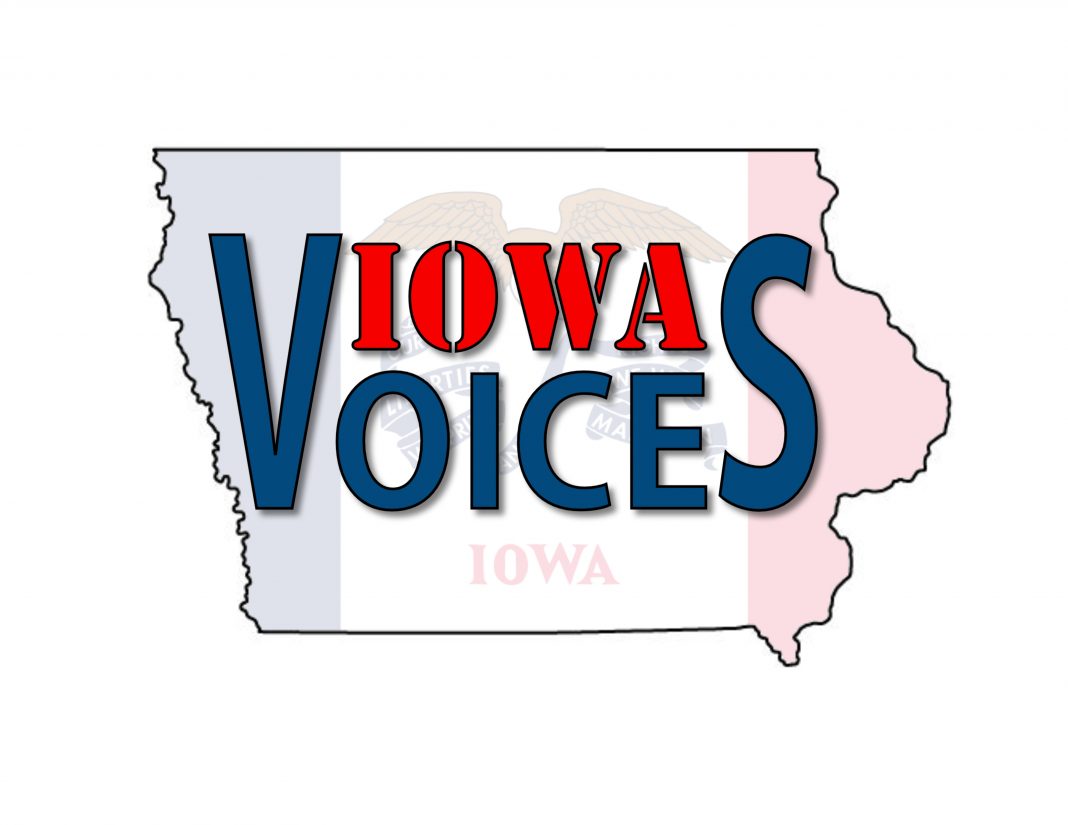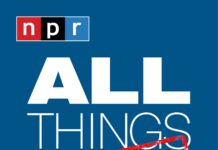Our frontline healthcare providers are winning the war against COVID. But we are in danger of losing our healthcare system as a result.
When COVID struck in April 2000 we lost over 1.4 million healthcare jobs. Non-COVID patient appointments dropped and remain well below normal levels. Many hospitals, clinics and caregivers’ offices are in risk of closing if their financial situations do not rapidly improve.
Doctors, nurses and other providers risked their lives and safety during the COVID-19 pandemic. Policymakers should ensure that they can receive fair compensation for the critical and lifesaving care they provide. Now is not the time to further hurt heroic frontline caregivers who are still trying to recover form the damage of the COVID pandemic.
Last year, Congress passed bipartisan legislation to end surprise medical billing that protects patients and helps our frontline doctors.
The bipartisan No Surprises Act protects patients from surprise medical bills that are no fault of their own.
- The bill established an independent dispute resolution (IDR) process for insurers and providers to resolve billing disputes in a fair and equitable manner.
- Similar IDR-based laws have been implemented successfully in New York and Texas.
The Biden administration’s Department of Health & Human Services (HHS) will soon begin the rulemaking process implementing the No Surprises Act.
- Rulemaking may seem like an afterthought, but the details are critically important.
- Congress intended that the law include a robust IDR mechanism to even the playing field between providers and insurers.
- If HHS builds considerations into the IDR process that are too heavily tilted toward insurers who had record profits during the pandemic, frontline providers will face additional and immense financial pressure.
- Rate-setting would protect the record profits many insurance companies posted during the pandemic and may lead to physician shortages and hospital closures in vulnerable rural communities.
It is critical HHS goes through the full rule-making process so they can hear from all concerned stakeholders to ensure the best policy is implemented. Allowing the full 60-day comment period will allow our frontline caregivers and their patients to be heard.
Hopefully, Sen. Grassley and Sen. Ernst, who both have excellent records protecting Iowans’ access to healthcare, will work with HHS Secretary Becerra to ensure hospitals and frontline caregivers can continue to receive the reimbursements necessary to keep their doors open to patients.
Christina Davis
Healthcare administrator
Clive, Iowa











